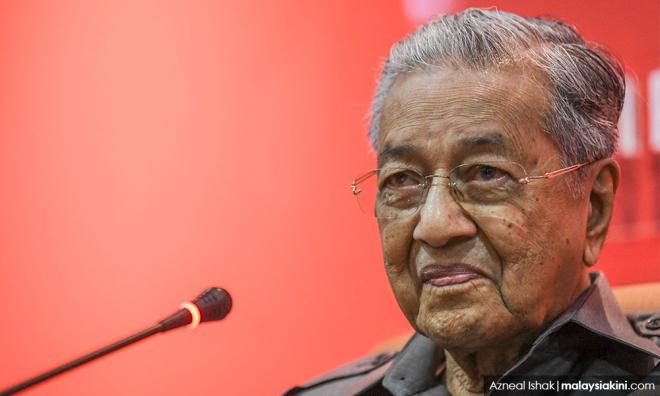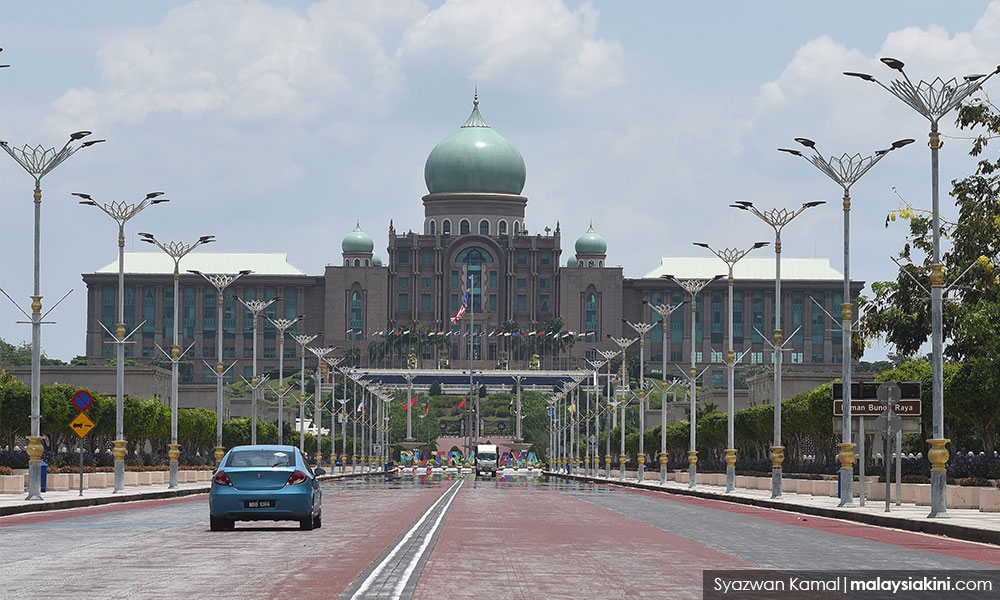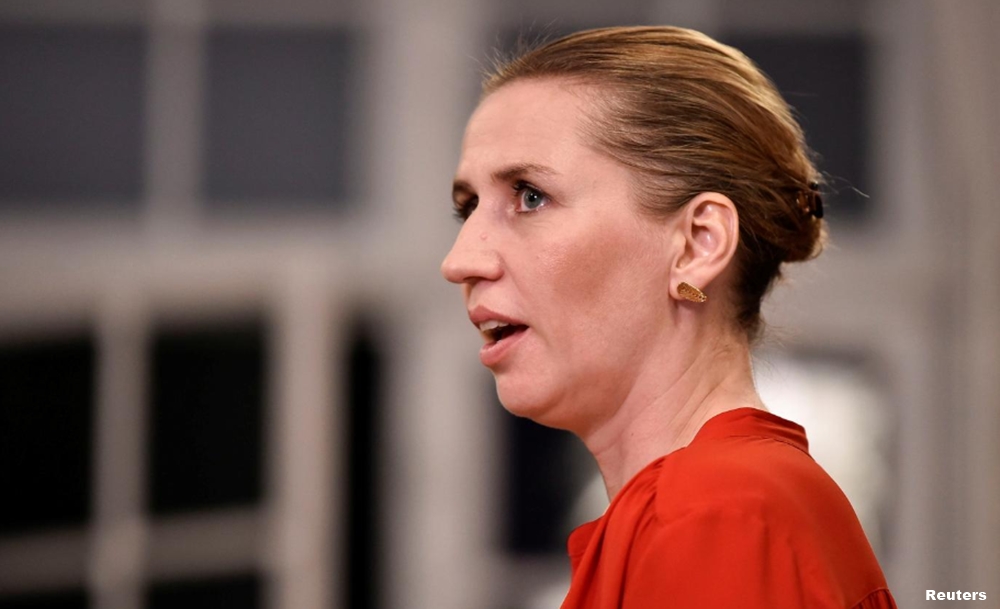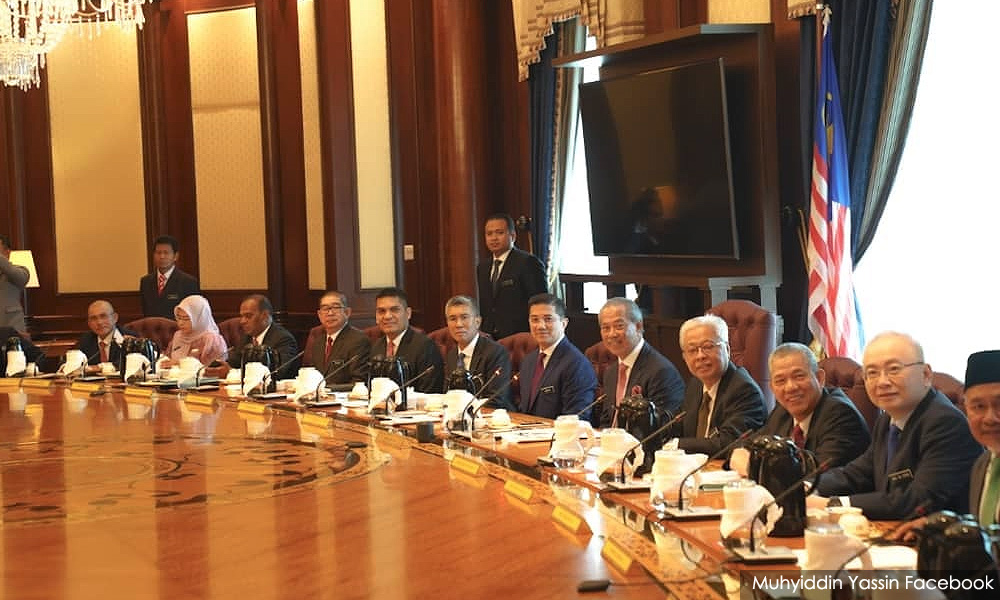
The Mahathir 1.0 government (1982-2003) was authoritarian and corrupt but stable. The Mahathir 2.0 government (2018 - 2020) was reformist but unstable. The Muhyiddin government (March 1, 2020 – present) is authoritarian, corrupt and unstable. How will a Mahathir 3.0 government be?
With deputy public works minister and Sri Gading MP Sharuddin Mohd Salleh switching back to Dr Mahathir Mohamad’s camp, Muhyiddin Yassin’s majority has now shrunk to the minimum 112 and a Mahathir 3.0 government (hereafter, Mahathir 3.0) becomes more probable provided Muhyiddin does not seek dissolution or the king denies him royal consent.
Supporters of Mahathir 3.0 lament the quick backsliding of reforms in Muhyiddin’s brief three months thus far and argue much can be restored if the Mahathir-led opposition seizes back power.
I don’t doubt that. Restoration of reforms introduced by the Mahathir 2.0 government (hereafter Mahathir 2.0) would have to be the Mahathir 3.0’s raison d'etre and basis of legitimacy by returning to power through reverse defections. Understandably, the reform agenda may have to be scaled down given the constraints.
The question is, will Mahathir’s 3.0 scaled-down reform be stable? Can it survive until June 2023 (36 months from now) or say, at least as long as Mahathir 2.0’s government which was 22 months (until April 2022)? To be more generous, can it survive in power for at least 12 months (June 2021) without being threatened by another round of defections?
The import of stability is self-evident. If we have a change of government and ministers, heads of government agencies and GLCs change every three to six months, no long-term policies can be possible and no foreign and domestic investors can feel secure.

Stability does not require the government to have a two-thirds majority which is not, of course, possible unless nearly 20 percent of parliamentarians jump.
In fact, real stability does not even require a majority. In the past 30 years since 1990, Denmark has had six prime ministers and 14 governments, all minority governments.
The current Social Democrat government there has only 48 seats (27 percent) in its 179-member parliament but three other leftist parties with 43 seats (24 percent) pledge their support. Ten of the 14 governments did not have such pact with the opposition to enjoy a working majority.
But no Danish prime minister had been ousted by a no-confidence vote. No Danish budget has been voted down. Of course, the Danish parliament never had a one-day sitting.
We don’t have to be Danish to have political stability. This extreme case of "minority government democracy" merely shows us how political stability is possible despite seemingly unfavourable conditions.
The Danish’s secret recipe of stability? Cross-party acceptance on post-election distribution of power. Minority governments are in power because the opposition is too ideologically distant to join the ruling party – as in the current case of the Social Democrat - or form their own coalition government.
Why? Danish politicians care more about their electoral promises than ministerial posts. And the governments do not discriminate or prosecute the opposition to induce defection because they don’t have to. Yeah, so un-Malaysian.
Malaysians constantly crave unity for stability but even parties named “united” are cyclically split. In contrast, Danish politics is so professionalised that the Danes enjoy stability despite fragmentation.
It would be presumptuous to suggest the potential Mahathir 3.0 government would be inherently unstable. But one can be very certain, Mahathir 3.0 would be a mess if the troubles that brought down Mahathir 2.0 are not overcome or avoided.

No, Mahathir 2.0’s ultimate trouble is not in communication. That is the symptom, not the cause. The real cause of Mahathir 2.0’s collapse is no cross-party consensus to accept a post-election distribution of power before GE15.
At the societal level, the Pakatan Harapan-Warisan government was installed by a 49 percent-only minority, simply because 34 percent of BN voters and 17 percent of PAS supporters could not pool their votes together. There was no solid or stable social coalition supporting reforms.
At the political level, Harapan was constantly destabilised from both within and without. Externally, the monoethnic opposition of Umno and PAS framed Harapan’s ascendence as an attack on Malay power to delegitimise it. The storyline “Harapan is DAP’s puppet” was so successfully sold, both as a cause and a consequence, that even Bersatu sung the tune.
Internally, Harapan was troubled by both the succession question and the dispute over executive jobs. Mahathir 3.0 will be a mess replayed if these three troubles remain - the opposition’s refusal to accept the government’s legitimacy, rivalry over succession and inter-ally competition.
What can Mahathir 3.0 do? The easiest of all three is to set a clear succession plan. Malaysia can never have political stability if the prime minister is 98 years old when the next election is called.
The propaganda lines “Let’s focus on the economy, not transition” or “Let Mahathir run a full term to complete reforms” must be put to rest for good.
If Anwar Ibrahim is not acceptable, then get a compromise figure who can hold the coalition through GE15. If Anwar is the only viable candidate but many are still wary, then weaken the prime minister’s powers through institutional reforms so that he can’t do harm.
No more nonsense that the next prime minister is to be chosen by Parliament. Malaysia is not Germany or Japan with a formal premier election by parliamentarians. Mahathir 3.0 must have an unequivocal candidate for next prime minister whom the king must appoint and whom Parliament can remove later if it so wishes.

How to get the opposition to accept the new government? How to avoid government parties from fighting amongst each other now for ministerial posts and next for electoral constituencies?
These are the problems currently faced now by the Muhyiddin government and are bound to haunt Mahathir 3.0 later. The systemic solution has to be a package deal but it ultimately boils down to one thing - all parties must be allowed to compete for power and not be persecuted when they lose.
Unity fetishism is never hollower and sillier than now when three Malay parties clamouring for Malay-Muslim unity cannot be united after grabbing power.
The package deal must contain, minimally, the following:
- Independent prosecution and judiciary. No more selective prosecution or immunity.
- No demonisation of political rivals. You can rally voters to keep certain parties out of power but you can’t attack them as enemies of the people, the country, the king or god.
- No discrimination and financial starvation on partisan grounds for any state government, party and elected representative. Parties get public funding based on their last vote share. Every elected representative gets the same amount for constituency allocation which will be rigorously regulated and monitored.
- Professionalised inter-party competition on policies. At both the federal and state levels, the main opposition’s shadow cabinet is recognised and even consulted on major policies. Backbenchers from both government and opposition get appointed to at least one parliamentary committee.
- Recall elections to allow voters to sack elected representatives who betray their mandate or sleep on the job. This can protect parties from unpopular defections but allow enough room for a realignment welcomed by voters.
- Managing inter-ally competition by introducing a party-list component in the electoral system or coalition-level primaries in one way or another if the first-past-the-post (FPTP) system cannot be changed.
More than getting a solid majority, Mahathir 3.0 must strike an inter-party deal on the above. Some opposition MPs will object to it. For example, Najib Abdul Razak or Ahmad Zahid Hamidi will not like the end of immunity. But most opposition MPs and parties will stand to gain from such a package.
If parties can agree to such a fair distribution of power, we can have real political stability like the Danes do. On the contrary, without such reforms, even a fresh election may return another hung parliament followed by non-stop party hopping.
Eh … what about getting more good people into politics, like a third force? With FPTP, more fragmentation will likely produce more minority winners, unstable parties and perhaps a higher bidding price for "amphibian MPs".
Mahathir hates instability. But can and will he deliver real and uncorrupt stability for Malaysia as his last service? That should be our Vision 2020 challenge for his Mahathir 3.0.
WONG CHIN HUAT is an Essex-trained political scientist working on political institutions and group conflicts. He currently leads the clusters on electoral system and constituency delimitation in the government’s Electoral Reform Committee (ERC). - Mkini


No comments:
Post a Comment
Note: Only a member of this blog may post a comment.